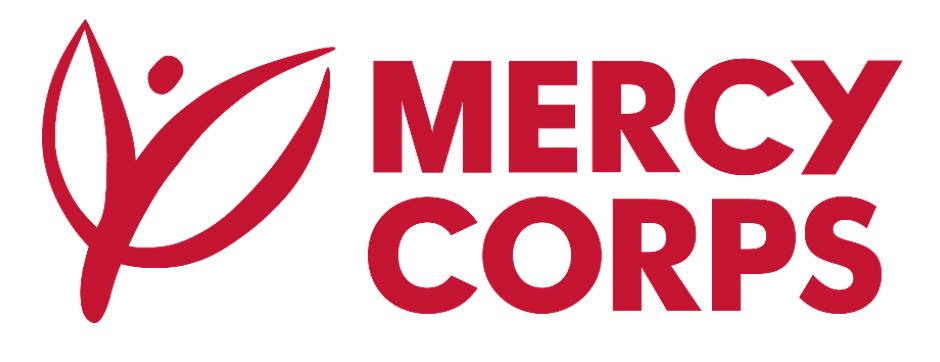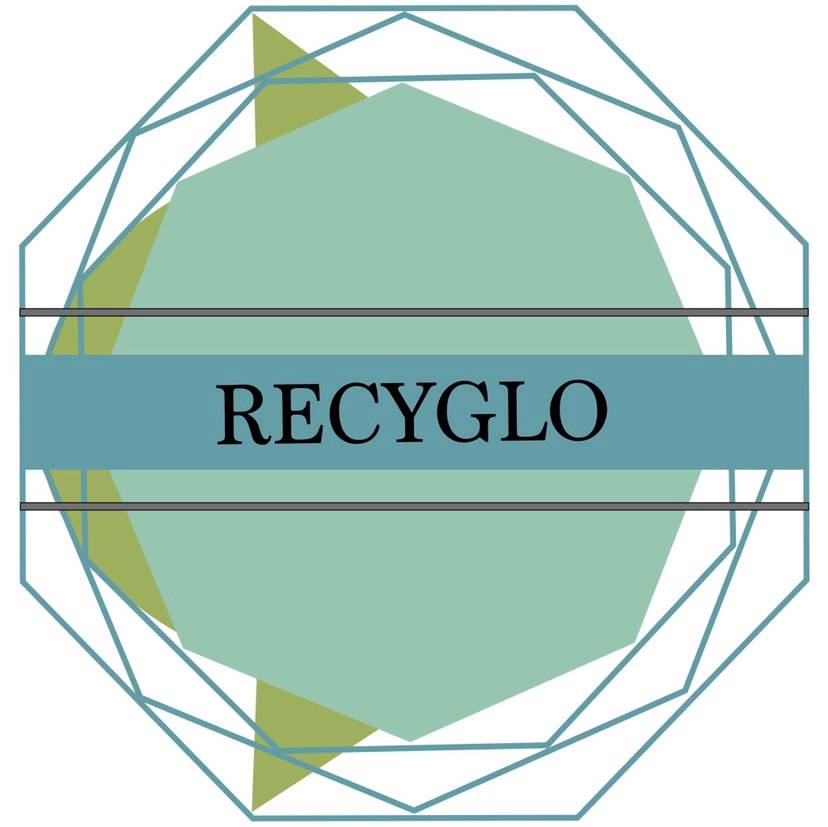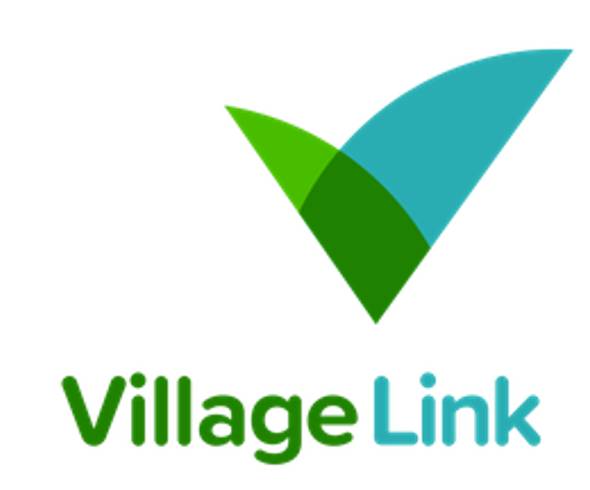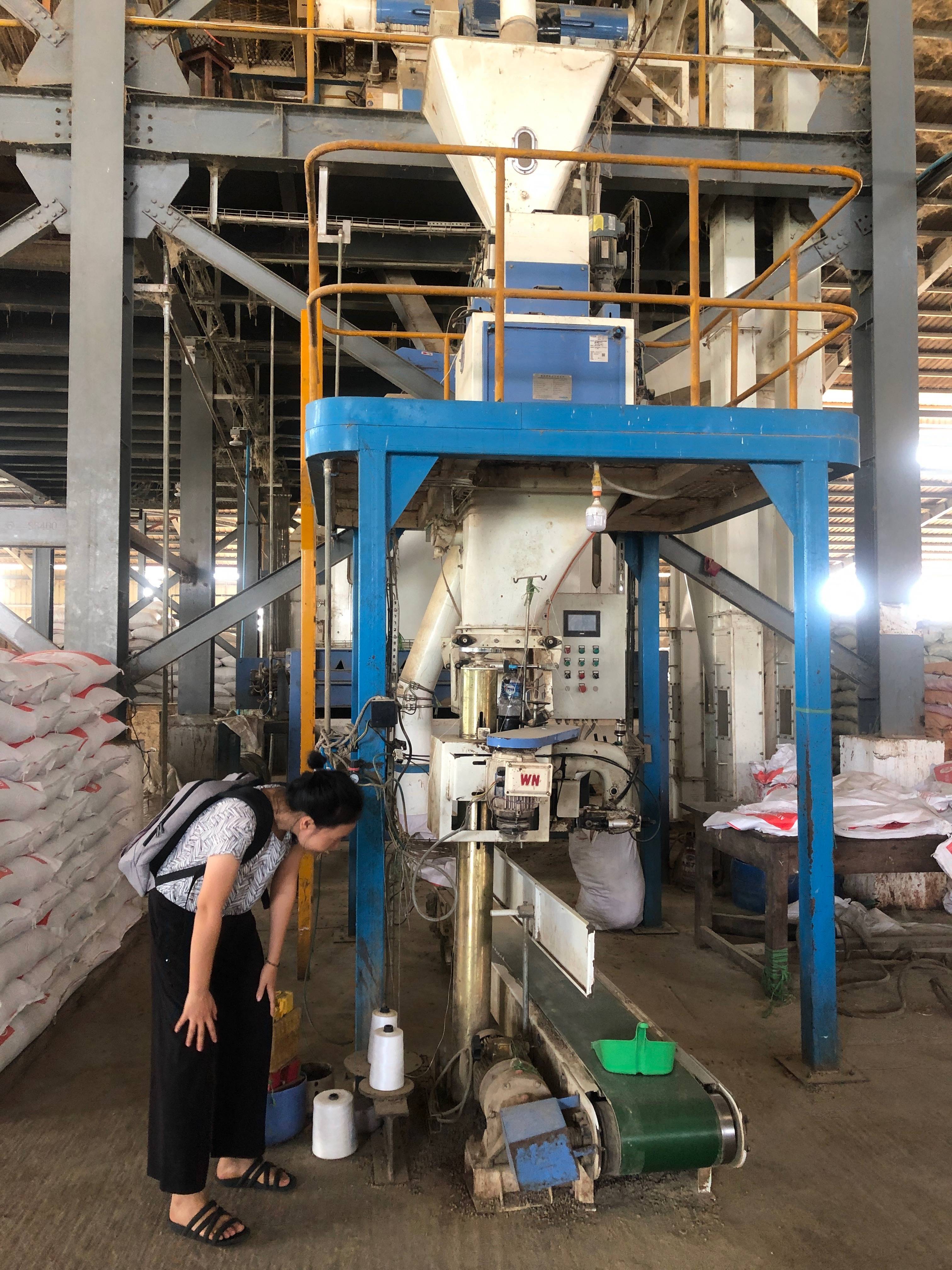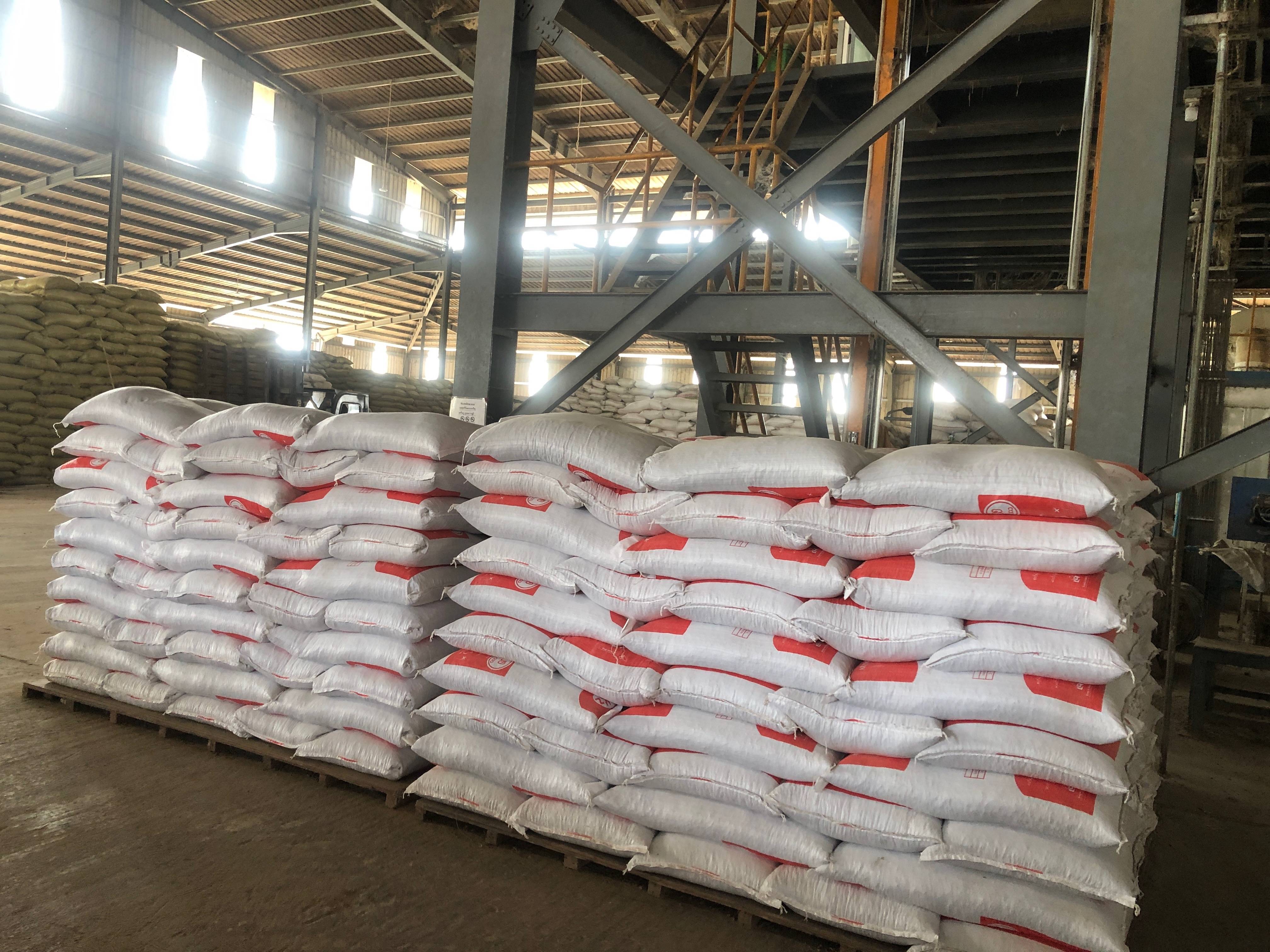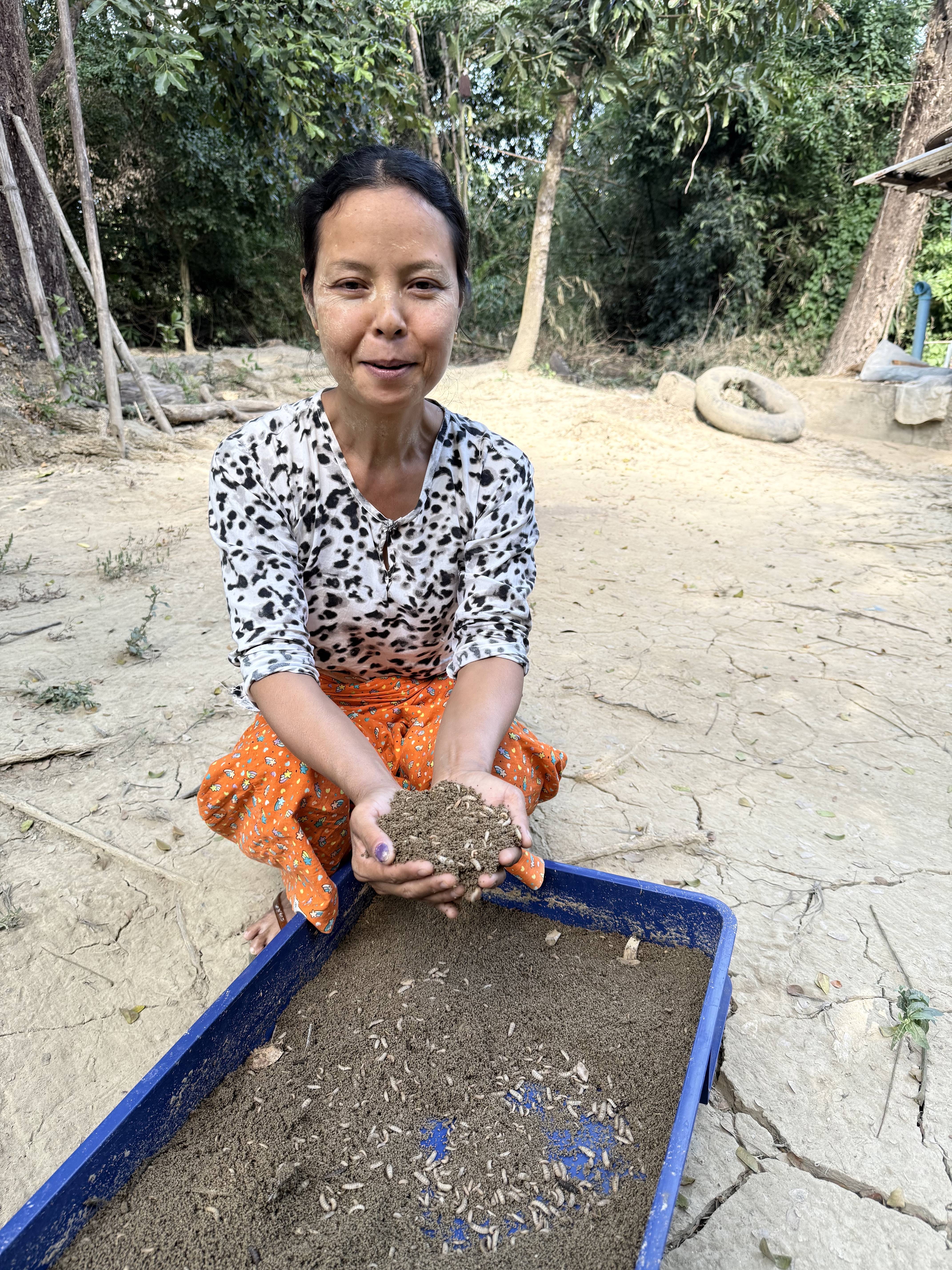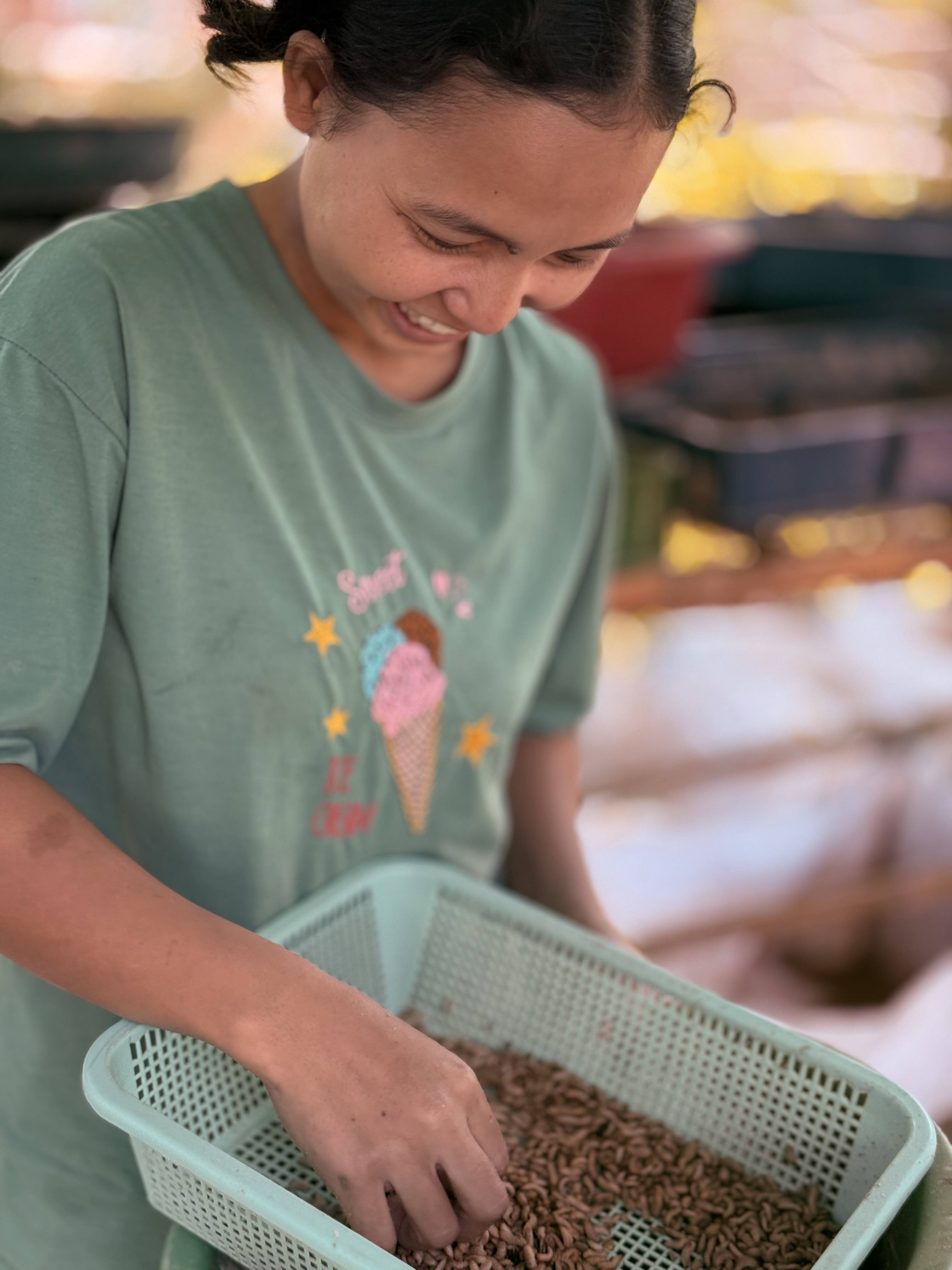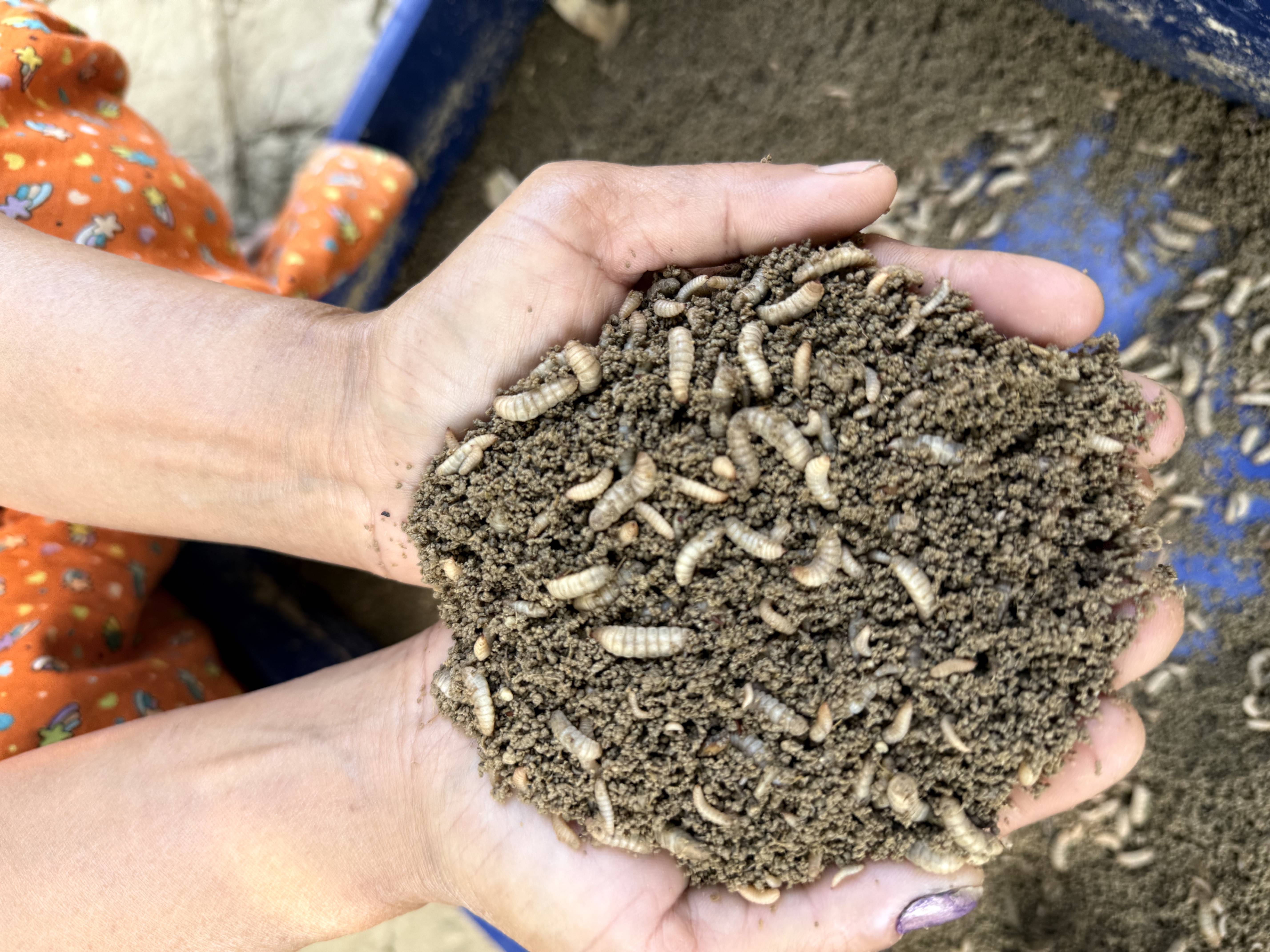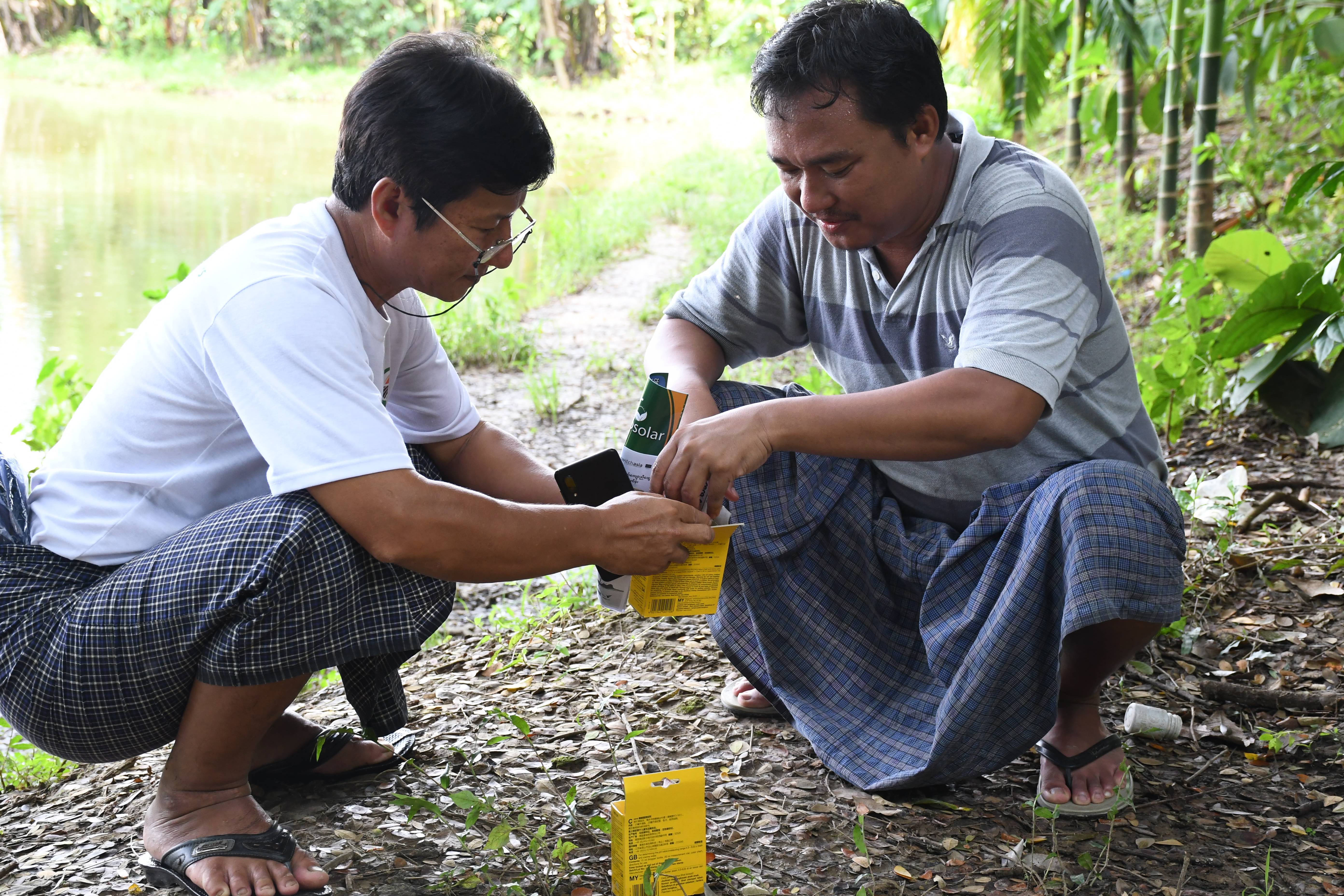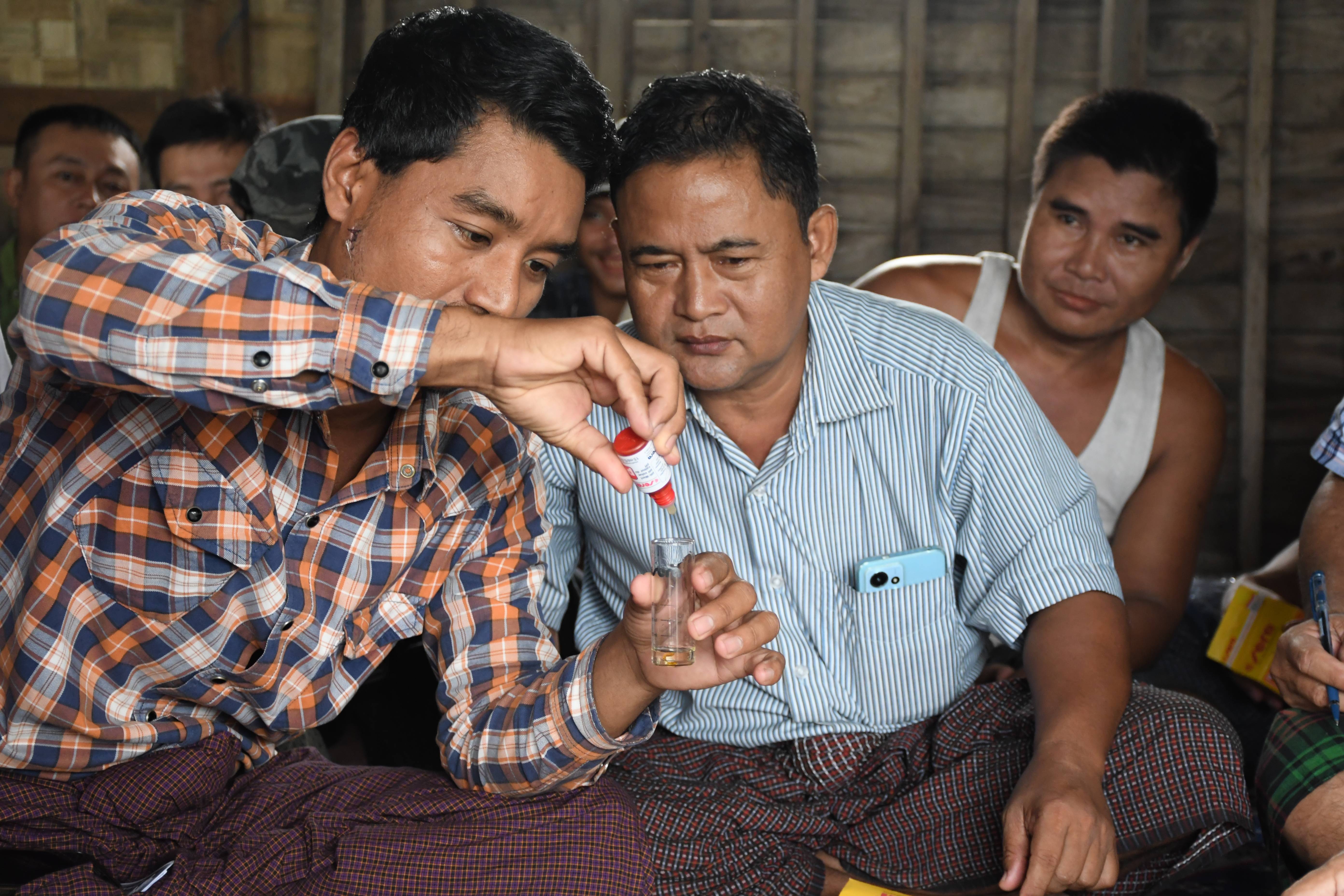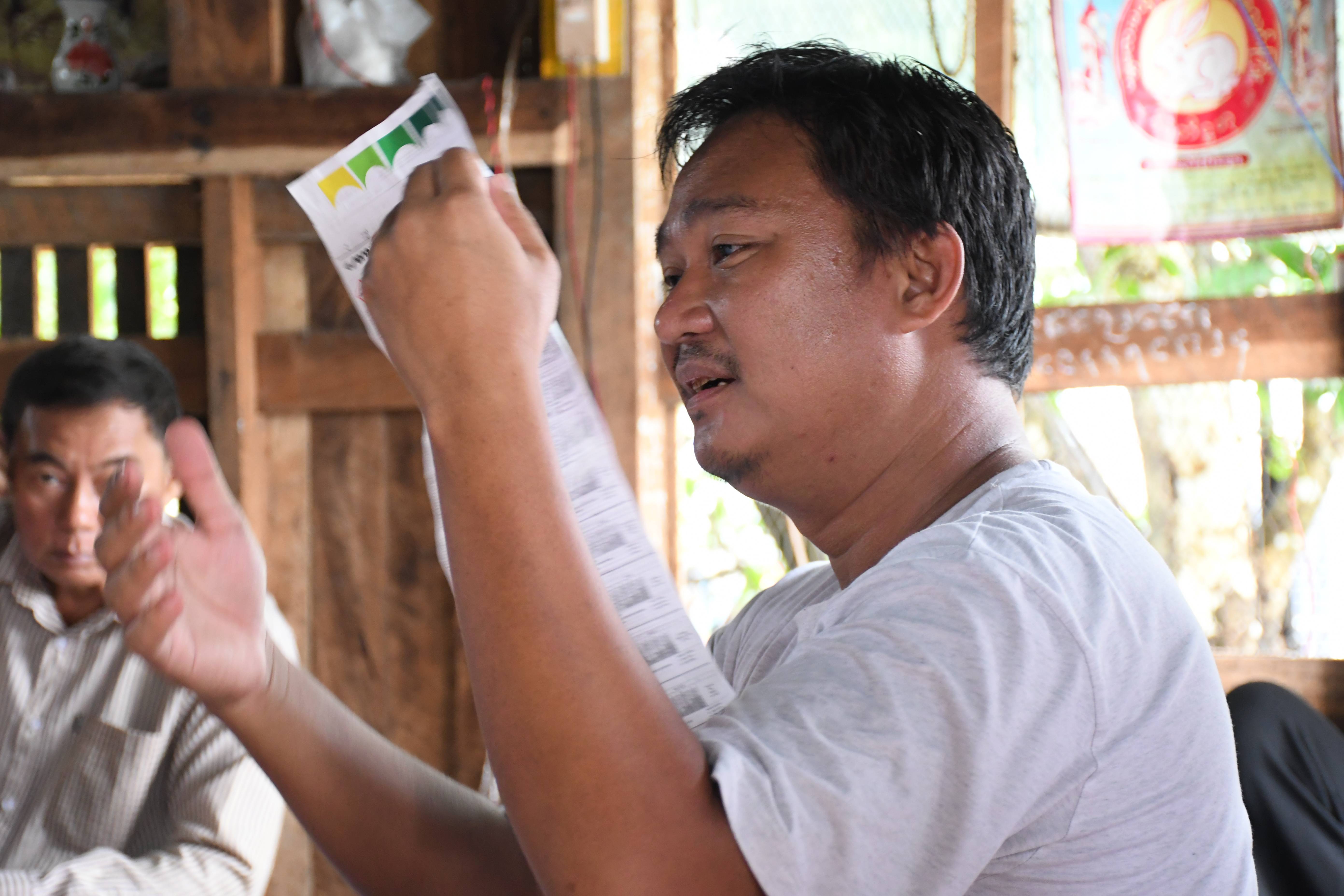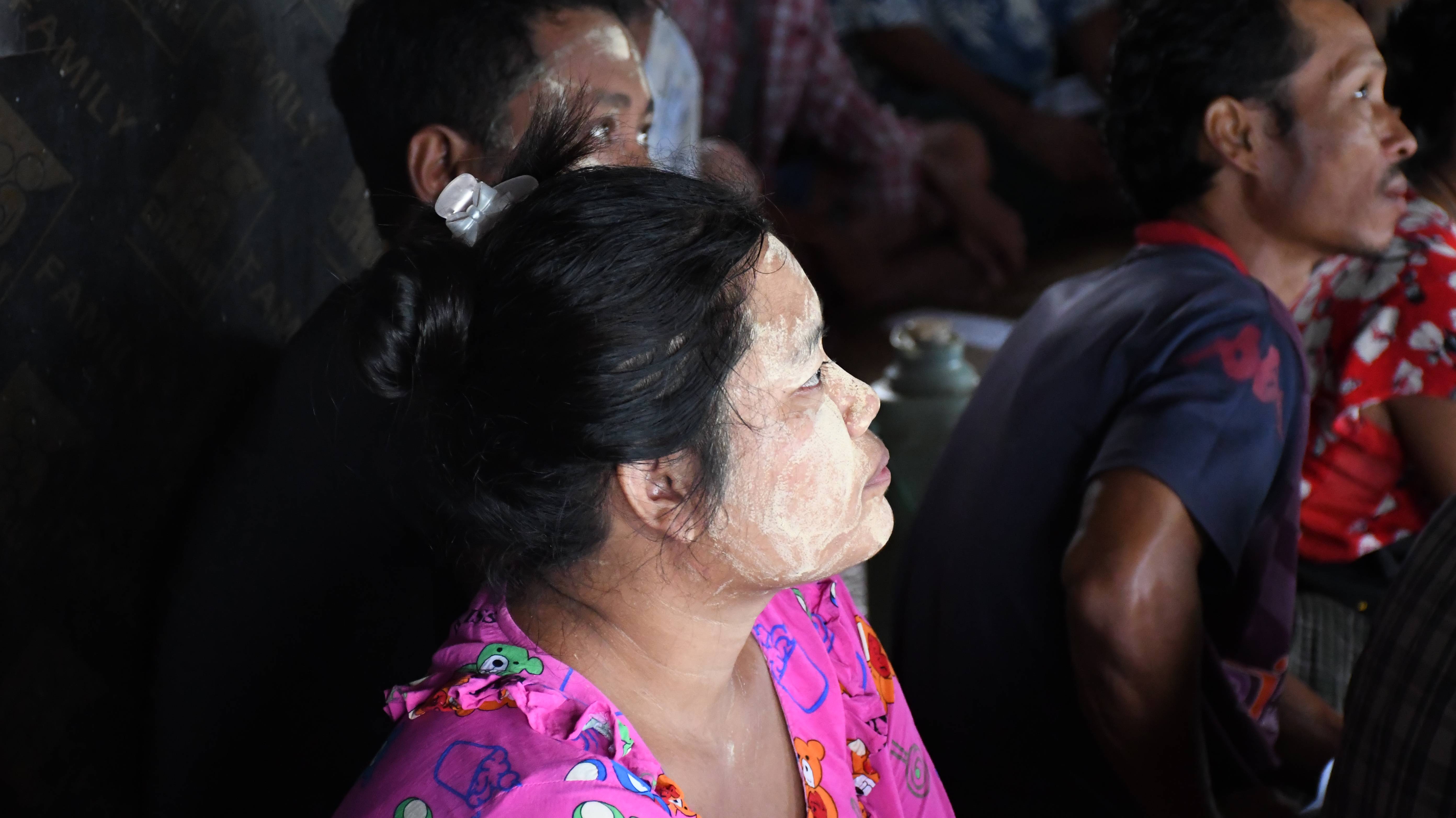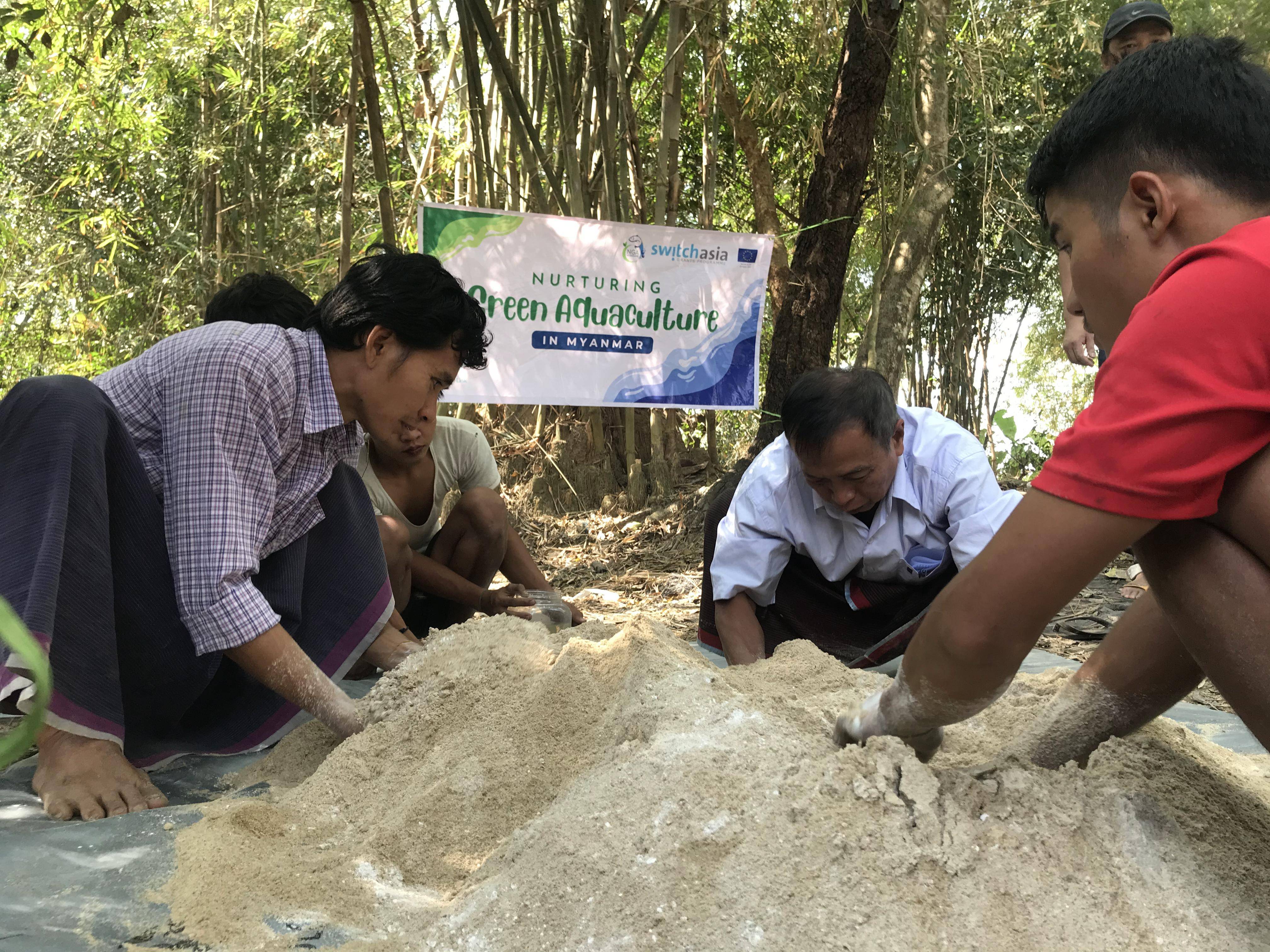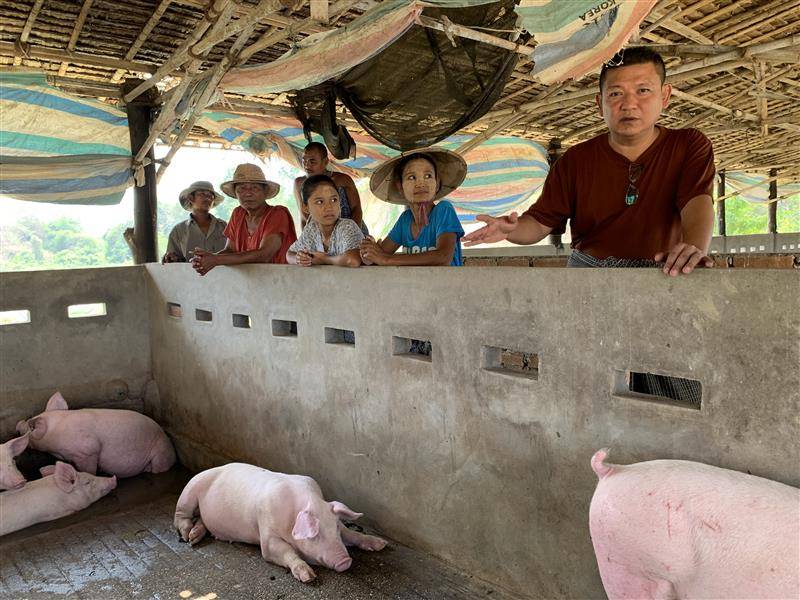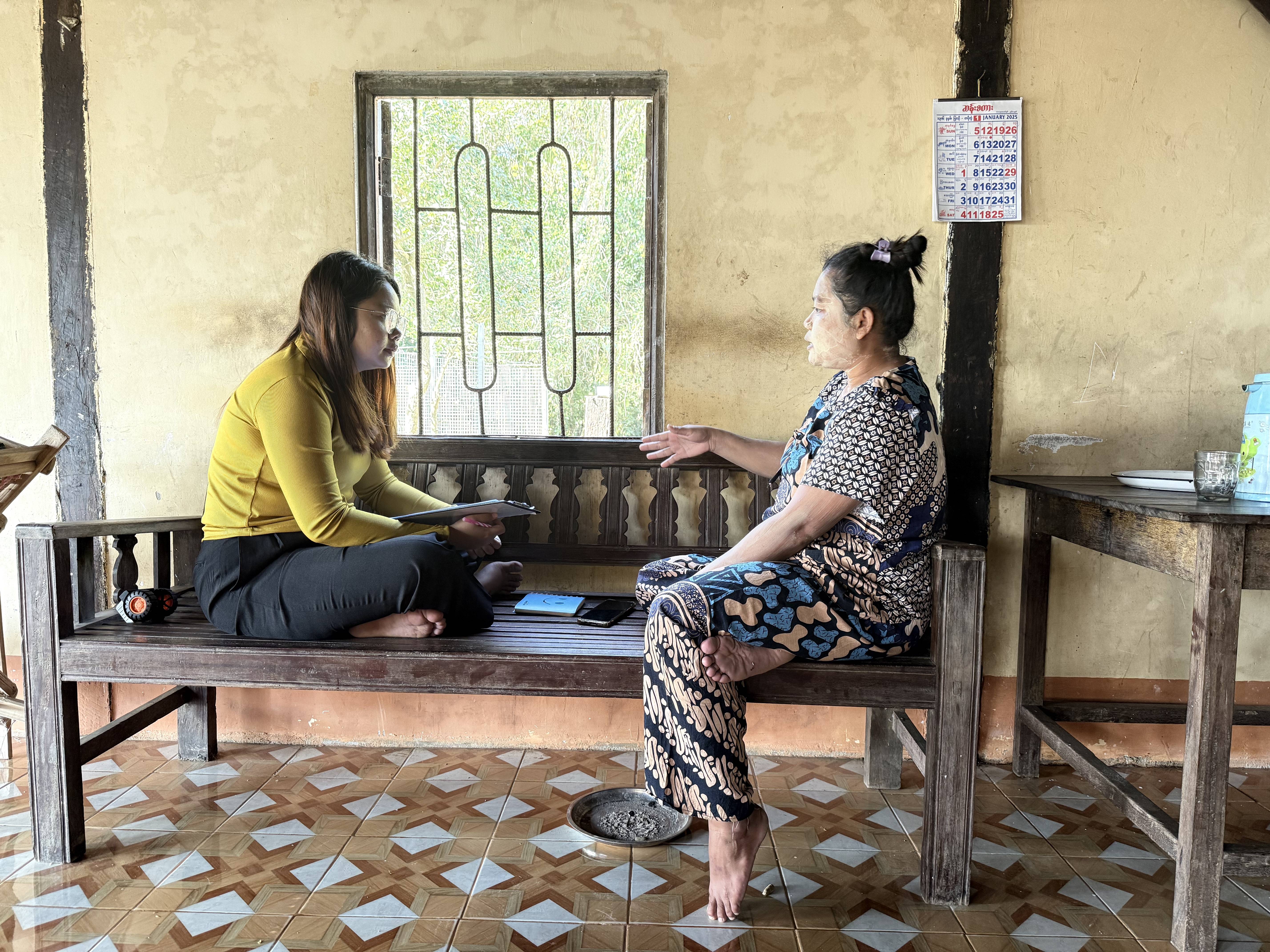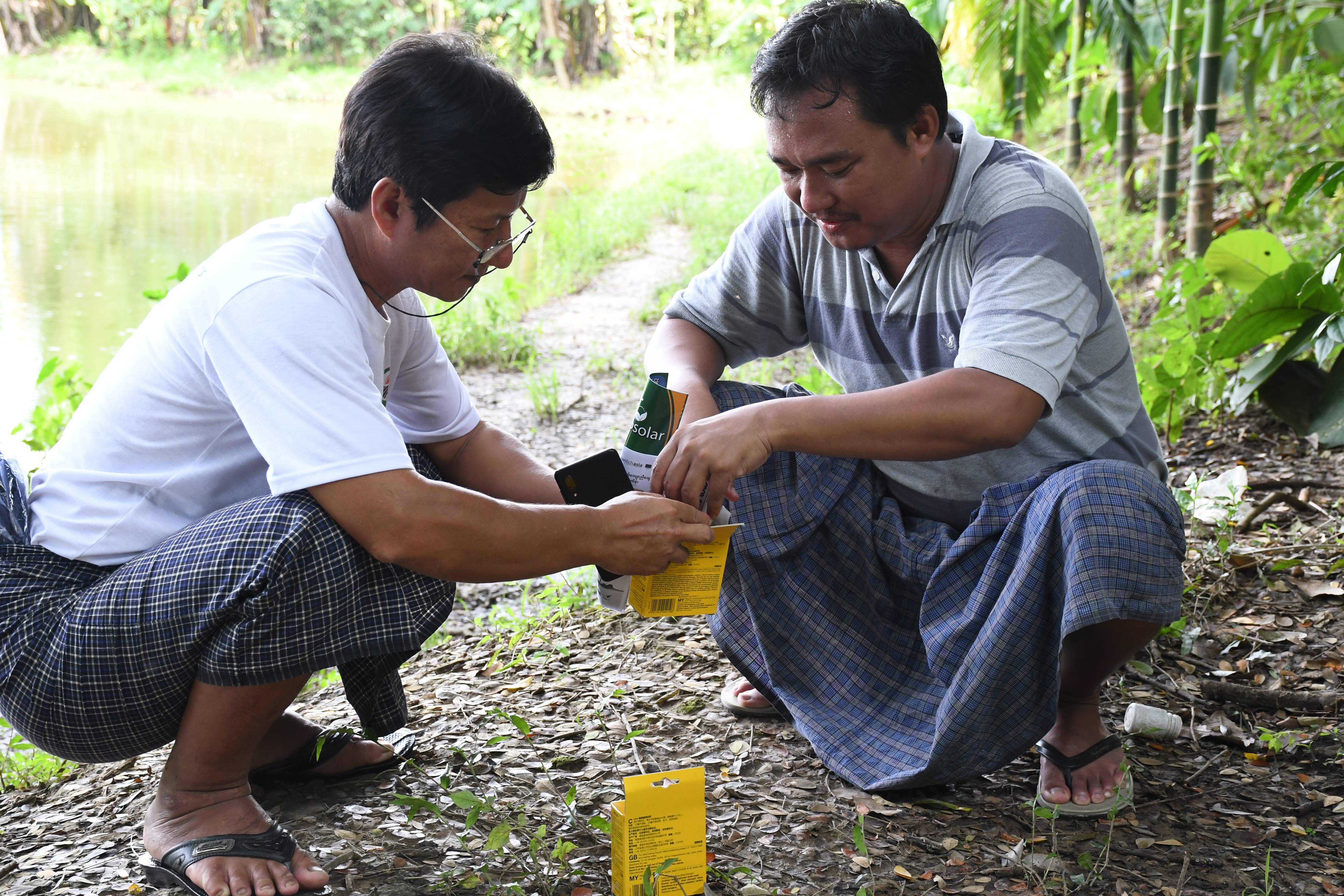
The Challenge
Since Myanmar’s transition to a market economy in 1988, the animal feed value chain has grown significantly, driven by the expansion of aquaculture and livestock sectors and increased foreign investment in feed mills. However, political turmoil since 2021 has disrupted this progress, leading to a sharp rise in animal production costs, particularly for feed and other inputs. As a result, stakeholders in the agri-food sector have been forced to adapt, creating an opportunity to introduce circular economy practices. By leveraging agricultural by-products for feed, the sector can reduce waste, lower greenhouse gas emissions, and enhance sustainability. With feed costs accounting for 70–75% of total production expenses in Myanmar’s animal rearing sector, rising prices present a compelling case for adopting sustainable feed practices. These practices can help lower costs, improve resource efficiency, minimize waste, and promote local sourcing, ultimately strengthening the resilience of the industry.
The Objectives
This project aims to reduce environmental degradation caused by Myanmar’s animal feed sector while enhancing economic returns through a more sustainable value chain. By integrating circular economy principles, the initiative seeks to create a balance between environmental responsibility and economic resilience.
Specific Objective:
Smallholders and MSMEs engaged in animal feed production, distribution, and utilization actively adopt circular economy practices, benefiting from improved resource efficiency, reduced waste, and greater financial sustainability.
The Way Forward
The programme will benefit over 87,000 smallholders, MSMEs, and their families, more than half of whom are women, while also supporting communities around the Ayeyarwady River Basin by reducing pollution, easing pressure on vital resources, enhancing access to nutrient-rich animal protein, and positively impacting Myanmar’s broader population, as the basin sustains around 34 million people, or 66% of the country.
- 25% of participants reducing feed conversion ratio (FCR).
- 30% reduction in CO2 emissions per unit of value added from participants’ operations.
- 25% increase in incomes of participants adopting circular feed practices.
- 75% of participants adopting circular feed practices.
- 80% of participants demonstrating satisfactory knowledge and skills in circular feed principles and practices.
- 3 green financial schemes established by financial institutions.
- 75% of targeted smallholders and MSMEs actively using the Htwet Toe mobile app.
- 10 Business Development Services (BDS) providers offering their services through the Htwet Toe mobile app (e.g., green services and technologies).
- 3 endorsed frameworks developed to green the animal feed value chain by industry associations.
Relation to European Green Deal, Circular Economy and Climate Change
The agri-food sector in Myanmar supports the livelihoods of nearly 70% of the population, with livestock and aquaculture being vital subsectors that provide both income opportunities and access to nutrient-rich food. However, these subsectors also contribute to resource depletion, biomass overuse, and increased import dependence, leading to greenhouse gas emissions and environmental degradation. Feed-related activities are particularly impactful, significantly influencing emissions and environmental harm within the livestock and aquaculture subsectors, underscoring the need for sustainable solutions. Sein-Lan Myanmar promotes circular economy practices by focusing on efficient feed management, waste reduction, and utilizing agricultural by-products. These initiatives help reduce reliance on imported feed and lower CO₂ emissions. By providing MSMEs and smallholders with green financing, sustainable feed solutions, and digital innovations, the program strengthens climate resilience, resource efficiency, and economic sustainability. This approach aligns with the European Green Deal and broader global climate action efforts.

